detail profile teiji takahashi
Peran Yang Di Mainkan Teiji Takahashi
 Wataru Hirayamas outwardly liberal views on...
Wataru Hirayamas outwardly liberal views on...Equinox Flower 1958
Wataru Hirayama's outwardly liberal views on marriage are severely tested when his daughter declares that she is in love with a musician and is adamant to live life her own way, instead of agreeing to an arranged marriage. Outwitted by his female relatives, Hirayama stubbornly refuses to admit defeat.
 In Kabuki style the film tells...
In Kabuki style the film tells...The Ballad of Narayama 1958
In Kabuki style, the film tells the story of a remote mountain village where the scarcity of food leads to a voluntary but socially-enforced policy in which relatives carry 70-year-old family members up Narayama mountain to die. Granny Orin is approaching 70, content to embrace her fate. Her widowed son Tatsuhei cannot bear losing his mother, even as she arranges his marriage to a widow his age. Her grandson Kesa, who's girlfriend is pregnant, is selfishly happy to see Orin die. Around them, a family of thieves are dealt with severely, and an old man, past 70, whose son has cast him out, scrounges for food. Will Orin's loving and accepting spirit teach and ennoble her family?
 A young Tokyo salary man and...
A young Tokyo salary man and...Early Spring 1956
A young Tokyo salary man and his wife struggle within the confines of their passionless relationship while he has an extramarital affair.
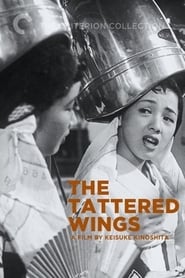 A young widow made world weary...
A young widow made world weary...The Tattered Wings 1955
A young widow, made world weary by her abusive, neglectful husband, finds herself in a minor scandal when she's seen with her intense, no-nonsense childhood sweetheart.
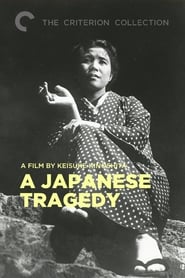 At the close of the war...
At the close of the war...A Japanese Tragedy 1953
At the close of the war in Japan, a widowed mother makes every possible sacrifice to bring up her ungrateful son and daughter who are unimpressed with their poor standard of living at home. They gradually reject her in search of the material comforts that working as a maid cannot provide. The mother's despair becomes interminable.
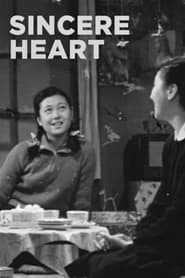 A young student falls into a...
A young student falls into a...Sincere Heart 1953
A young student falls into a hopeless romantic attraction to a sick girl, whom he can only see from afar.
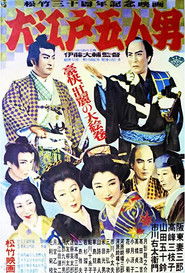 During the 17th Century roving bands...
During the 17th Century roving bands...Five Men of Edo 1951
During the 17th Century roving bands of hatamoto were causing trouble in the new capital city of Edo and constantly fought with the townspeople at every turn. The leader of these ruthless samruai was Mizuno Jirozaemon, who despite his high rank was in deep financial distress, thus leading to a tragedy that shook the very streets of the city.Opposing him was Banzui-in Chobei, the ‘Protector of the Weak’ who was willing to put his life on the line to save the 808 districts of Edo from the 80,000 hatamoto whose violent behavior threatened to destroy the fabric of society. Starring Bando Tsumasaburo, the first great star of the silver screen along with mega-star Ichikawa Utaemon, this is a story not to be missed. Torn from the pages of history, this true story has been told many times, but never as powerfully as this!
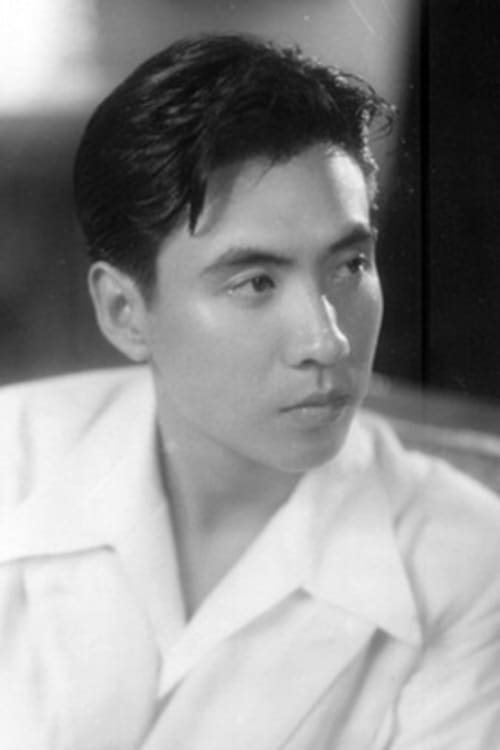
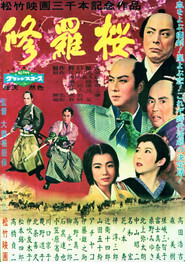 Shochikus commemorative 3000th film production a...
Shochikus commemorative 3000th film production a...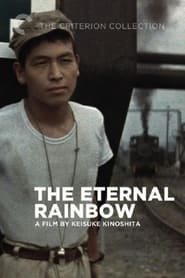 Two men at an ironworks encounter...
Two men at an ironworks encounter...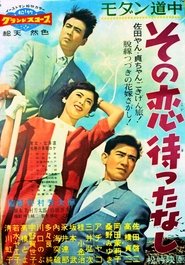 A road trip comedy set against...
A road trip comedy set against...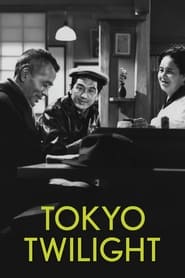 Two sisters find out the existence...
Two sisters find out the existence... An Ishiro Honda Film
An Ishiro Honda Film
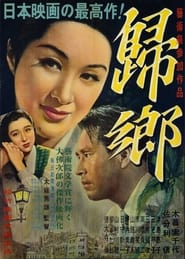 A former naval officer returns to...
A former naval officer returns to...